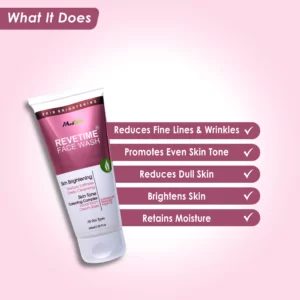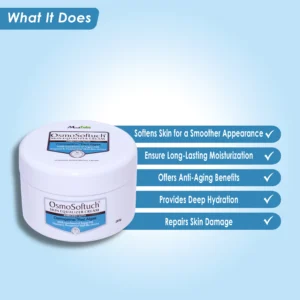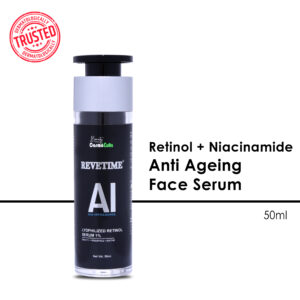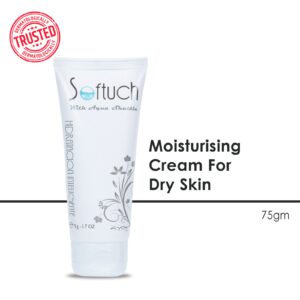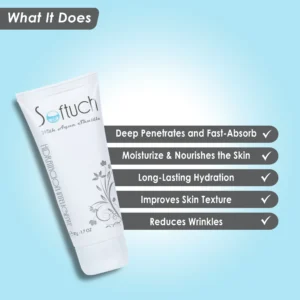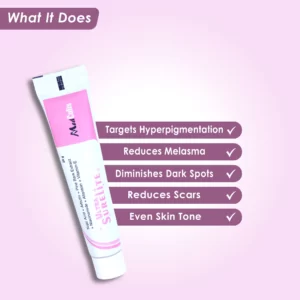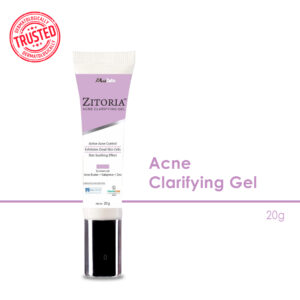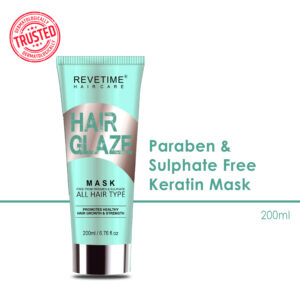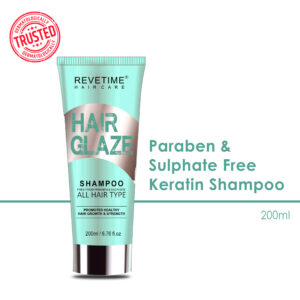Everything You Need to Know About Acne-Prone Skin and How to Treat It

Everything You Need to Know About Acne-Prone Skin and How to Treat It
Are you tired of dealing with stubborn acne? In this blog post, we’ll be discussing acne prone skin, how to prevent it and how to treat it effectively.
What is Acne-Prone Skin?
Acne or pimple is a common skin problem affecting many people, especially during adolescence. It is caused by the build-up of oil, dead skin cells, and bacteria in the skin’s pores, leading to inflammation and the formation of pimples, blackheads, and whiteheads.

Acne-prone skin is a term used to describe skin more prone to developing acne. This skin type is usually oily and secretes excess sebum, which clogs pores and leads to breakouts. Genetics, stress, Hormonal imbalances, and certain medications can cause acne-prone skin. People with acne-prone skin may experience pimples, blackheads, whiteheads, and cysts. Acne can be unsightly and lead to low self-esteem and even scarring, but it can be controlled and even prevented with the correct prevention methods & acne treatment products. This blog will discuss acne-prone skin and some effective prevention methods.
Types of Acne
Acne or pimple is a skin issue that can manifest in different forms. Here are the various types of acne:
- Whiteheads are small, round, white lumps that grow when oil and dead skin cells clog hair follicles.
- Blackheads are similar to whiteheads, but the clogged pores are open, allowing air to oxidize the oil and dead skin cells, turning them black.
- Papules are little, inflammatory, red pimples that can be tender to the touch. They occur when the walls surrounding the pores break.
- Pustules are similar to papules but consist of pus, a mixture of dead skin cells, bacteria, and white blood cells.
- Nodules are large, painful, deep-seated lumps that form when the clogged pores infect. They occur when the inflammation goes deep into the skin.
- Cysts are large, pus-filled lumps that are deeper than nodules. They can be painful and can leave scars.
- Acne Mechanica is caused by friction, heat, or pressure on the skin, such as from wearing tight clothing, helmets, or backpacks.
- Acne Conglobata is characterized by large, interconnected nodules and abscesses that can leave deep scars.
- Hormonal Acne is caused by hormonal imbalances and is more common in teenagers and women. It often appears on the lower face, chin, and jawline.
Problems Related To Acne Prone Skin
Acne-prone skin can lead to several problems that can affect a person’s self-esteem and confidence. Here are some of the issues related to acne-prone skin:
- Pimples and Acne: Acne-prone skin is more likely to develop pimples, blackheads, whiteheads, and cysts, which can be unsightly and painful.
- Scarring: Severe Acne can leave scars on the skin, which can be challenging to treat and may affect a person’s appearance.
- Hyperpigmentation: Acne-prone skin can also lead to hyperpigmentation, which causes skin darkening due to increased melanin production. This can be more pronounced in people with darker skin tones.
- Oily Skin: Acne-prone skin is often oily, leading to a greasy and shiny appearance.
- Dryness and Irritation: Some acne treatments, such as salicylic acid and benzoyl peroxide, can cause dryness and irritation, making acne worse.
- Psychological Effects: Acne can have a significant psychological impact, especially on teenagers. It can lead to depression, low self-esteem, and anxiety.
- Infection: In severe cases, acne-prone skin can infect, leading to painful and unsightly abscesses.
- Difficulty in Finding Suitable Products: People with acne-prone skin often struggle to find products that do not aggravate their acne. They may have to try several products before finding one that works.
How to get rid of pimples
Acne-prone skin requires acne treatment products for a gentle skincare routine that can help reduce inflammation and prevent further breakouts. Here are some steps to follow for an effective skincare routine for acne-prone skin:
- Keep Your Skin Clean
The first step in preventing acne is to keep your skin clean. Clean your face daily with a gentle cleanser twice daily, suitable for your skin type. Avoid harsh soaps or scrubs that irritate your skin and worsen acne. Make sure to remove your makeup entirely before going to bed, as it can clog your pores.
- Moisturize Regularly
Moisturizing your skin is necessary to keep it hydrated and healthy. Choose a moisturizer that is lightweight, non-comedogenic, and suitable for your skin type. Moisturizing helps to keep your skin barrier intact and prevents acne breakouts.
- Use Non-Comedogenic Products
Using non-comedogenic products is essential to prevent acne breakouts. Non-comedogenic acne treatment products do not clog pores and are less likely to cause breakouts. Look for products labelled “oil-free,” “non-comedogenic,” or “won’t clog pores.”
- Keep Your Hands Off Your Face
Touching your face can cause germs and oils from your hands to migrate to your face, resulting in breakouts. Avoid touching your face unnecessarily, and keep your hands clean.
- Protect Your Skin from the Sun
Preventing your skin from sunburn & acne breakouts is essential. Use a broad-spectrum, PA +++ sunscreen with an SPF of at least 30 regularly, even on cloudy days. Wear a cap and shades to protect your face from the sun.
- Be Gentle with Your Skin
Be gentle with your skin to prevent acne breakouts. Avoid harsh scrubbing or rubbing, which can irritate your skin and cause breakouts. Use appropriate acne treatment products, such as a gentle cleanser in circular motions when washing your face, and pat dry your skin with a soft towel.
Face wash for Acne Prone Skin
Many face washes play a significant role in getting rid of pimples. This face care face wash contains anti-acne agents, which reduce the spots and help get clearer skin. The best-proven molecule for anti-acne treatment is Salicylic acid. Soap with Salicylic acid removes dead skin cells that promote the clogging of pores. The dermatologist recommends Salicylic acid and tea tree oil ingredients as acne treatment products and other medications based on the type of acne.
Soap with Salicylic acid can cause skin irritation because of its cleaning action. A special compound, Salsphere which encapsulates salicylic acid to reduce inflammation. You can try Zitsplash anti-acne face wash, which contains sphere salicylic acid. Salsphere will cause less inflammation and give sustained release dispersal of salicylic acid.
Conclusion
In conclusion, acne-prone skin can lead to several issues, including pimples, scarring, hyperpigmentation, and psychological effects. However, it can be controlled and prevented with proper prevention methods and effective acne treatment products. It’s crucial to understand different types of acne to treat them correctly, and people with acne-prone skin should be patient when finding suitable products. Let’s prioritize taking care of our skin and preventing acne-prone skin’s negative effects.





